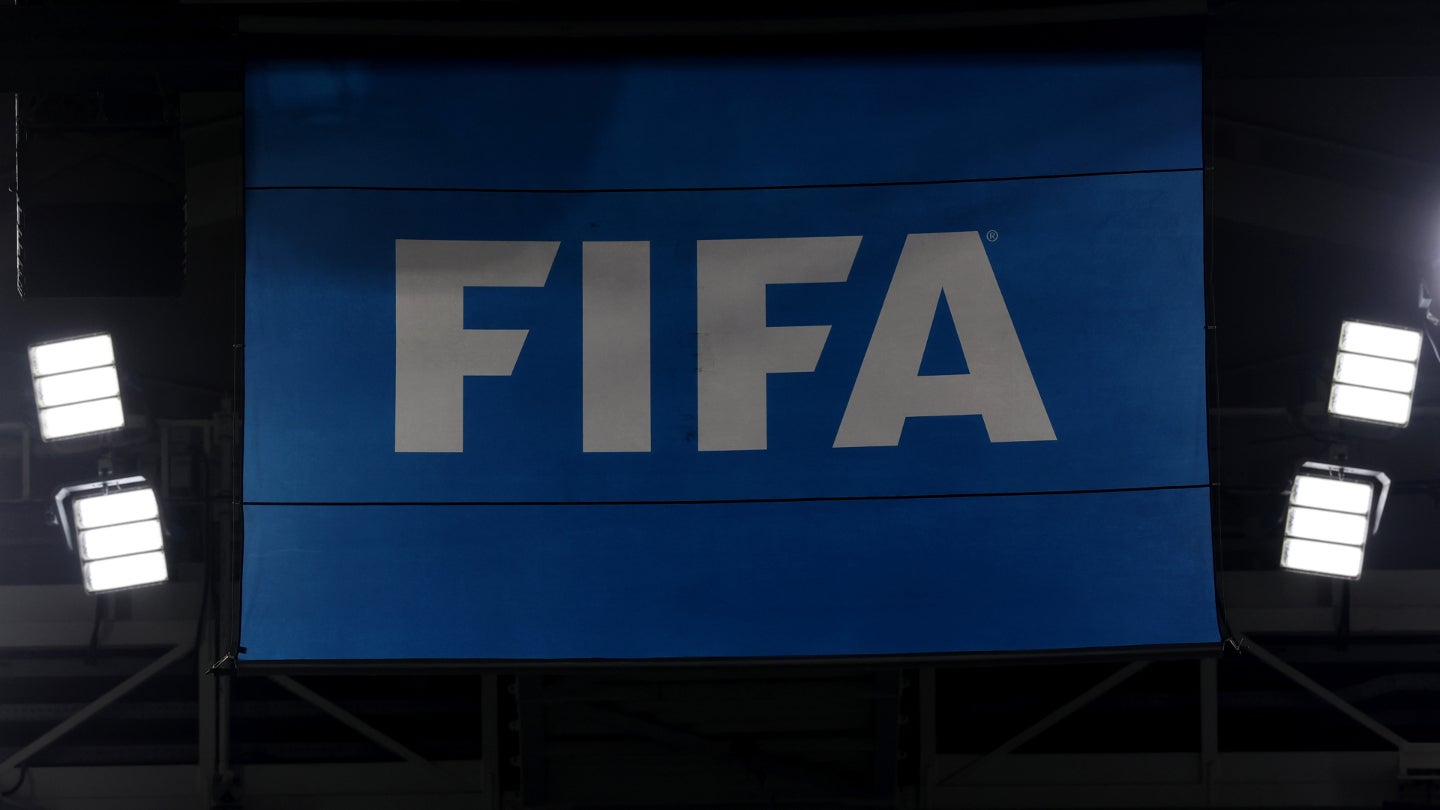
Global soccer’s governing body FIFA has settled an antitrust lawsuit accusing it of illegally banning foreign teams and leagues from playing official matches in the US.
The settlement, made with sports promoter Relevent Sports, controlled by the NFL’s Miami Dolphins owner Stephen Ross, came more than a year after the federal appeals court in Manhattan, New York, revived Relevent's case, which a trial judge had originally dismissed in 2021. The US Soccer Federation remains a defendant.
A Relevent statement said FIFA is set to consider changes to its rules about whether games can be played outside a league's home territory, with some teams already playing friendly matches in the US, including through Relevant’s International Champions Cup friendly tournament. Multiple top-tier European sides appear in that annual tournament in the build-up to their domestic seasons.
FIFA announced its foreign match policy in October 2018, following Relevent attempting to arrange with Spain's LaLiga to host a regular season match between Barcelona and Girona in Miami, Florida.
Barcelona eventually had to withdraw from the agreement, and Relevent subsequently sued US Soccer in September 2019 after it stopped a match in Miami between two Ecuadorean teams, with FIFA added as a defendant in the case a year later.
US Soccer and FIFA's fear is that US stadiums hosting regular season matches between foreign teams would have the potential to draw away fans and sponsors from the US’ own Major League Soccer domestic club competition.
This comes in the lead-up to the US, Canada, and Mexico co-hosting the men’s World Cup in 2026.



